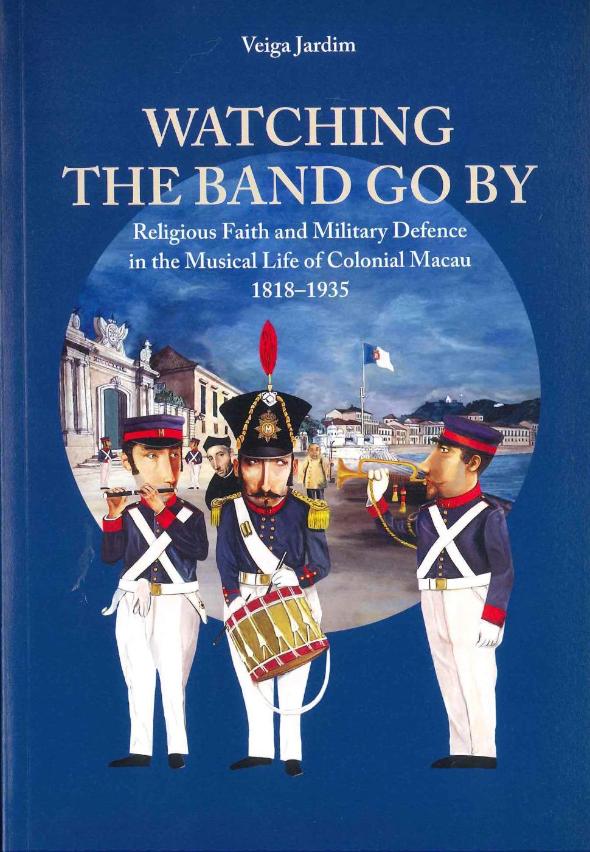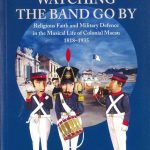 Watching the Band Go By – Religious Faith and Military Defence in the Musical Life of Colonial Macau, 1818-1935
Watching the Band Go By – Religious Faith and Military Defence in the Musical Life of Colonial Macau, 1818-1935
The Cultural Affairs Bureau (IC, from the Portuguese acronym) has published a book on the study of early music history in Macao, entitled Watching the Band Go By – Religious Faith and Military Defence in the Musical Life of Colonial Macau, 1818-1935. Written by Oswaldo da Veiga Jardim Neto in English, the book provides a detailed investigation into a particular aspect of Macao’s past rich musical tapestry. Drawing on a wide range of primary sources, including travellers’ accounts, government documents, music manuscripts, newspaper reviews as well as the body of research on Macao’s history, the author discusses the unique relationship between religious faith and military defence within the context of Portugal and its Asian colonies, and the consequent role of the Catholic Church and the military bands in shaping the musical life of Macao between the 19th and 20th centuries. Bridging the current gap of academic research on the early musical history of Macao, the book has established itself as a highly academic and valuable reference source.
Born in Rio de Janeiro, Veiga Jardim studied piano, orchestral conducting and composition at the School of Music of the Federal University of Rio de Janeiro and furthered his studies at the Chigiana Musical Academy in Italy. In 1988 he moved to Macao, where he served as the Conductor and Artistic Director of the Macau Chamber Orchestra and founded the Macau Sinfonietta (1989–1995). He also designed and implemented the curriculum for the music course at the Macao Polytechnic Institute, and joined the Macau Youth Symphony Orchestra (MYSO) as a Conductor and Honorary Music Director. He is currently a freelance conductor, music instructor and musicologist.
Watching the Band Go By – Religious Faith and Military Defence in the Musical Life of Colonial Macau, 1818-1935, priced at MOP 320, is now available at the Public Information Centre, Macao Cultural Plaza, the Archives of Macao and the Kun Iam Ecumenical Centre. For details about other IC publications, please visit www.icm.gov.mo.


